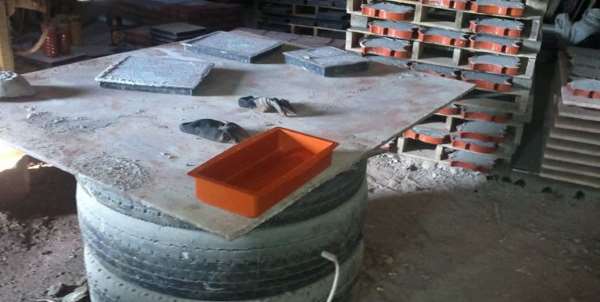It found our password of “cheekymonkeyrox” in just seconds because it is present as-is within the rockyou password list. Figure 11: The challenge/response is used in the asleap tool with a dictionary to recover the password. Jan 08, 2019 I have also included Wordlist that come pre-installed with Backtrack and Kali called darkc0de.lst and rockyou.txt. I am using Beini 1.2.5. But how to put Password List inside beini.iso. Do i just copy the file into the beini using daemon tools?? Just like that? May i know how to download the BIG-WPA-LIST-2 and BIG-WPA-LIST-3?
Kali linux is a distribution designed for penetration testing and computer forensics, both which involve password cracking. So you are right in thinking that word lists are involved in password cracking, however it's not brute force.
Brute force attacks try every combination of characters in order to find a password, while word lists are used in dictionary based attacks. Many people base their password on dictionary words, and word lists are used to supply the material for dictionary attacks. The reason you want to use dictionary attacks is that they are much faster than brute force attacks. If you have many passwords and you only want to crack one or two then this method can yield quick results, especially if the password hashes are from places where strong passwords are not enforced. Typical tools for password cracking (John the Ripper, ophtcrack, hashcat, etc) can do several types of attacks including: • Standard brute force: all combinations are tried until something matches. You tpyically use a character set common on the keyboards of the language used to type the passwords, or you can used a reduced set like alphanumneric plus a few symbols. The size of the character set makes a big difference in how long it takes to brute force a password.
 Consult with your healthcare professional before taking any medication.
Consult with your healthcare professional before taking any medication.
Password length also makes a big difference. This can take a very long time depending on many factors • Standard dictionary: straight dictionary words are used. It's mostly used to find really poor passwords, like password, password123, system, welcome, 123456, etc.
• Dictionary attack with rules: in this type dictionary words are used as the basis for cracks, rules are used to modify these, for instance capitalizing the first letter, adding a number to the end, or replacing letters with numbers or symbols Rules attacks are likely the best bang for the buck if all you have are standard computing resources, although if you have GPUs available brute-force attacks can be made viable as long as the passwords aren't too long. It depends on the password length, hashing/salting used, and how much computing power you have at your disposal. In addition to what's already mentioned here, the wordlists are used in conjunction with some of the web app tools and things such as sqlmap. If you're looking for places to use them, download some of the 'boot to root' VMs like Kioptrix and De-ICE and have a go at brute-ing some passwords.
Shadow fight 2 download. As for specific lists for specific types of hacks - not really. Unless you're doing something targeted against a person you know some facts about (in which case you'll use something like CUPP - Common User Passwords Profiler - to generate a custom wordlist for that particular target).

Ftp://ftp.openwall.com/pub/wordlists/ just to name a few also included in parrot OS rockyou-wordlist located at /usr/share/wordlist/rockyou.txt.gz also you can use crunch to create a wordlist “on-the-fly” (without wasting storage) - pipe that to john with --session option (you can resume the cracking process) and give that to aircrack (-w - // without password list since crunch is creating it) crunch 8 8 john --stdin --session=superwifi --stdout aircrack-ng -b 00:11:22:33:44:55 -w - handshake-Superwifi.cap just experiment with --help options of the programs. KidKlown: Where did you download the iso from? And where did you get the hashes from? The iso just appeared on my thumbdrive in place of the iso I downloaded (via torrent), and I later downloaded Home4.3 directly from sourceforge and that iso seemed to match the iso dl via torrent. The isos came in a pack for some reason “4.3” which I could not download individually. I got the torrent from the parrotsec website.
The hashes I got from the website as well, but I modified it above to add the hash of “Parrot-home-4.3_amd64-cianigd_iso” which is the iso that appeared on my thumbdrive. Are they wrong? NexusItPros: The one from torrent is good, right? ParrotSec The iso that I originally downloaded from the torrent matched the hashes that I downloaded from the website, the hashes of which I provided above. UPDATE: So, I ran the live system in a VM and it worked. I then attempted to install the system in a VM and I got an error. I’m not sure yet whether the error was symptomatic or coincidental.